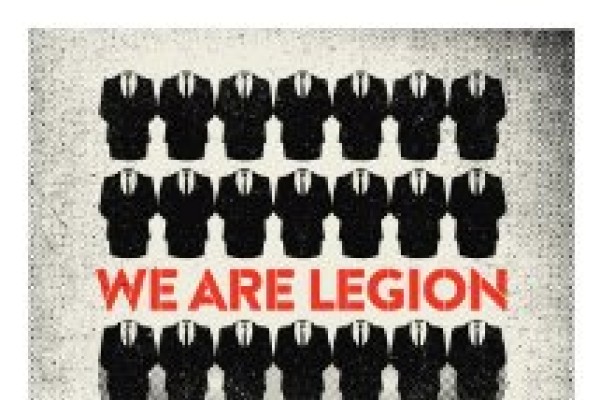Get rid of the car
Get rid of the car. That’s the message put forth in Stop Signs by Bianca Mugyenyi and Yves Engler, two longtime friends and activists who took a road trip by bus through America to survey the land of the modern human: Homo Automotivis. Organized like a road trip, each chapter in the book stems from a single town or city that highlighted a characteristic of Homo Automotivis’s world.
The first half looks at the effects of the rise of the car on mental and physical health, community, and the environment. Mugyenyi and Engler provide thoughtful analysis and a barrage of statistics on issues such as road rage and stress (St. Louis, Missouri), obesity (San Antonio, Texas), the rise of big box stores and Wal-Mart (Mobile, Alabama), and oil usage and global warming (Baton Rouge and New Orleans, Louisiana).
The latter half of the book flips the focus to the emergence of the car itself, looking at how and why it became so successful.
A chapter based on Detroit looks at the auto manufacturing industry, while one on Philadelphia examines advertising and the creation of a market. What makes Stop Signs better than the average book condemning the usage of cars is the ability of the authors to weave all these issues together with other important themes like race and class, while maintaining a casual storiesfrom- the-road feel.
Stop Signs takes the myriad problems associated with a world obsessed with cars and wraps them up in a concise, compelling, and at times even funny, plea to quit the automobile.
This article appeared in the Sept/Oct 2011 issue of Canadian Dimension (Canada’s Criminal (Justice) System).








